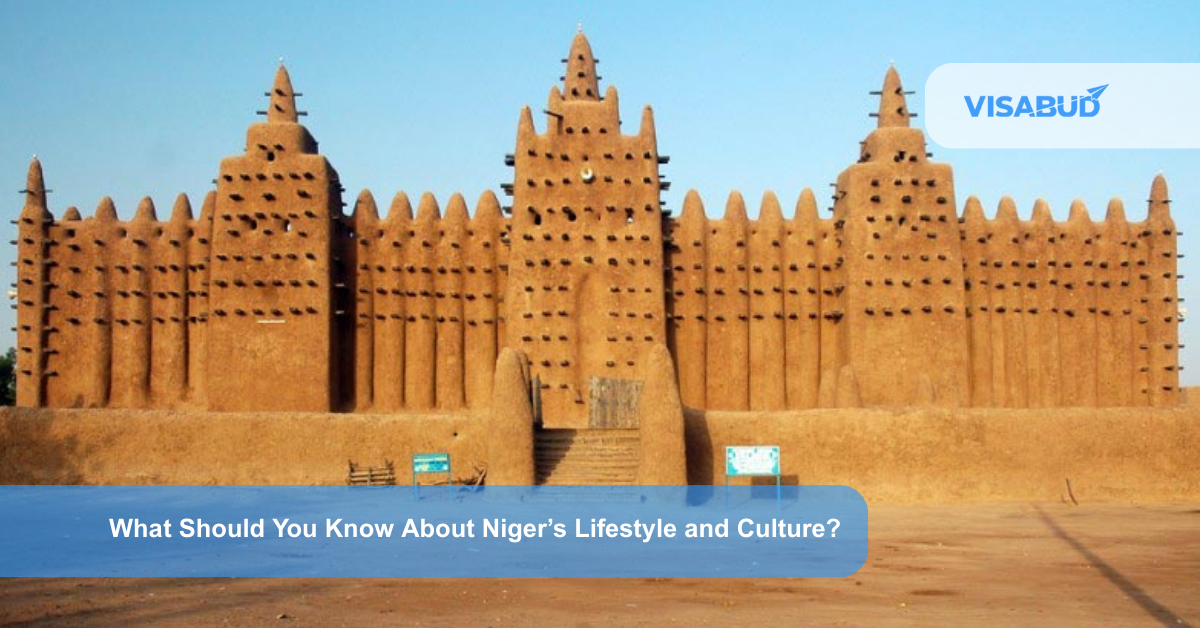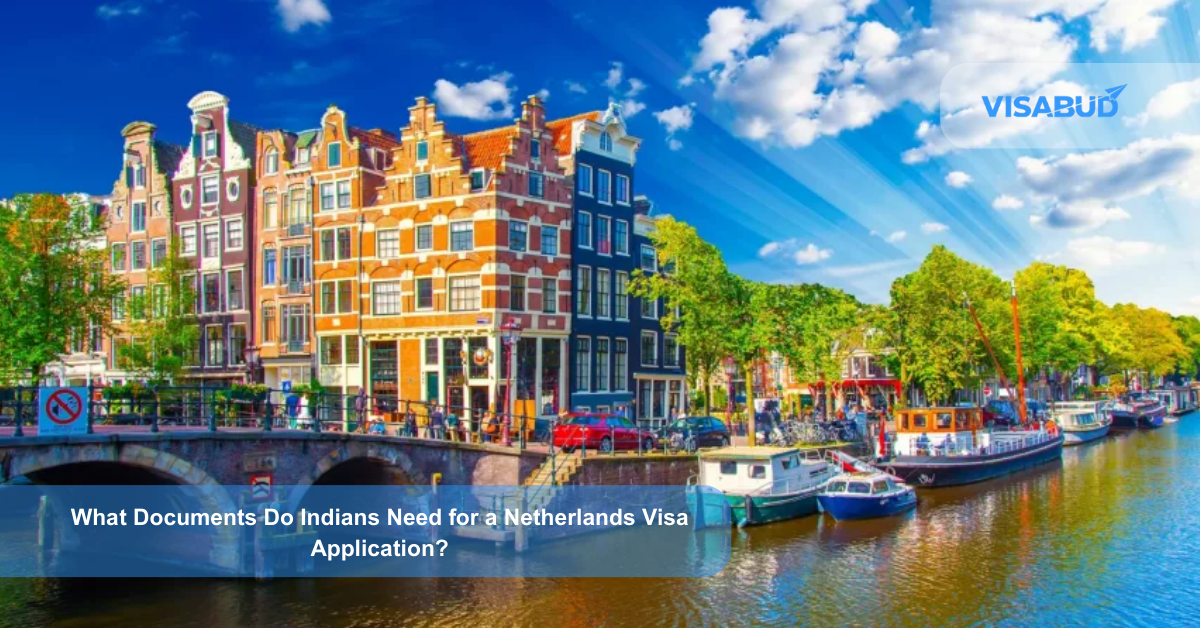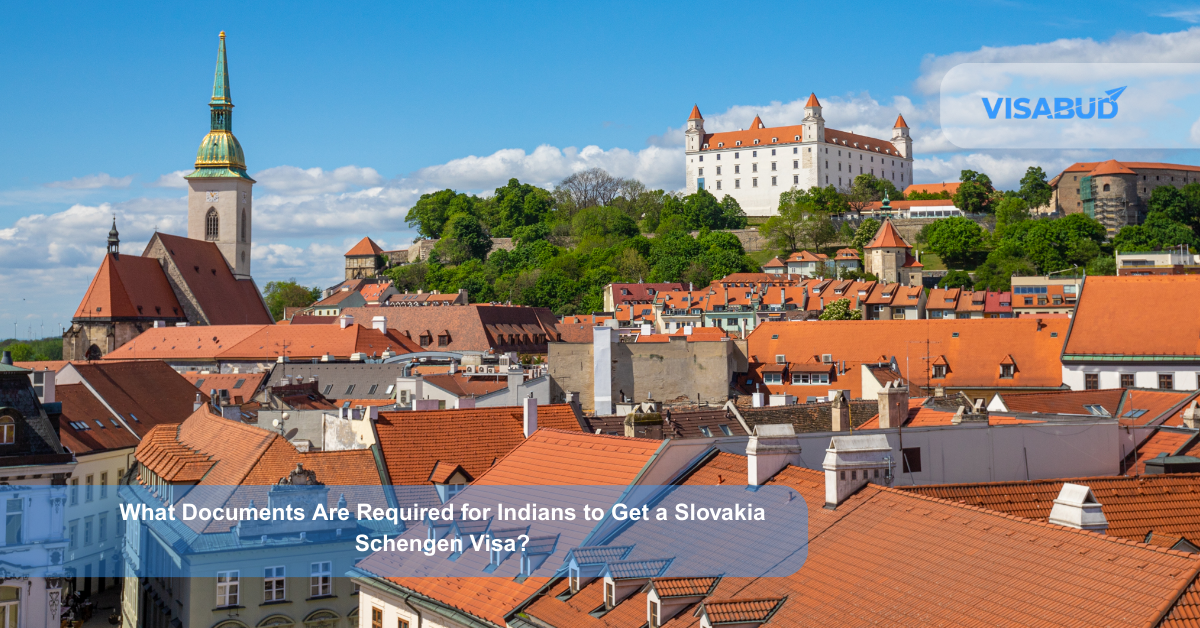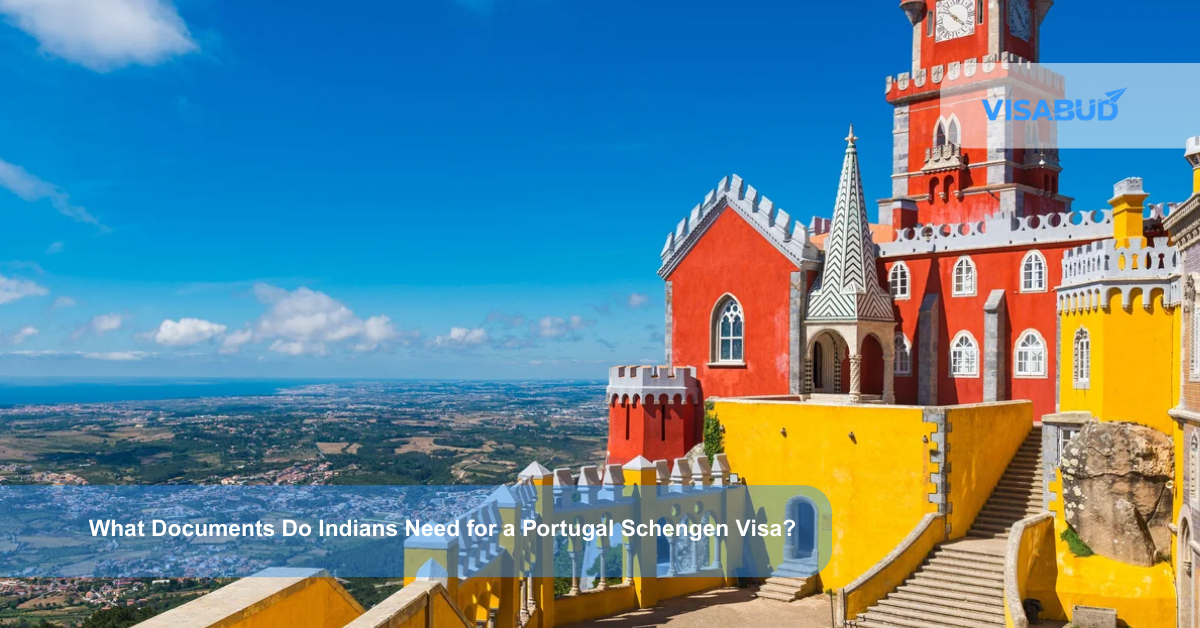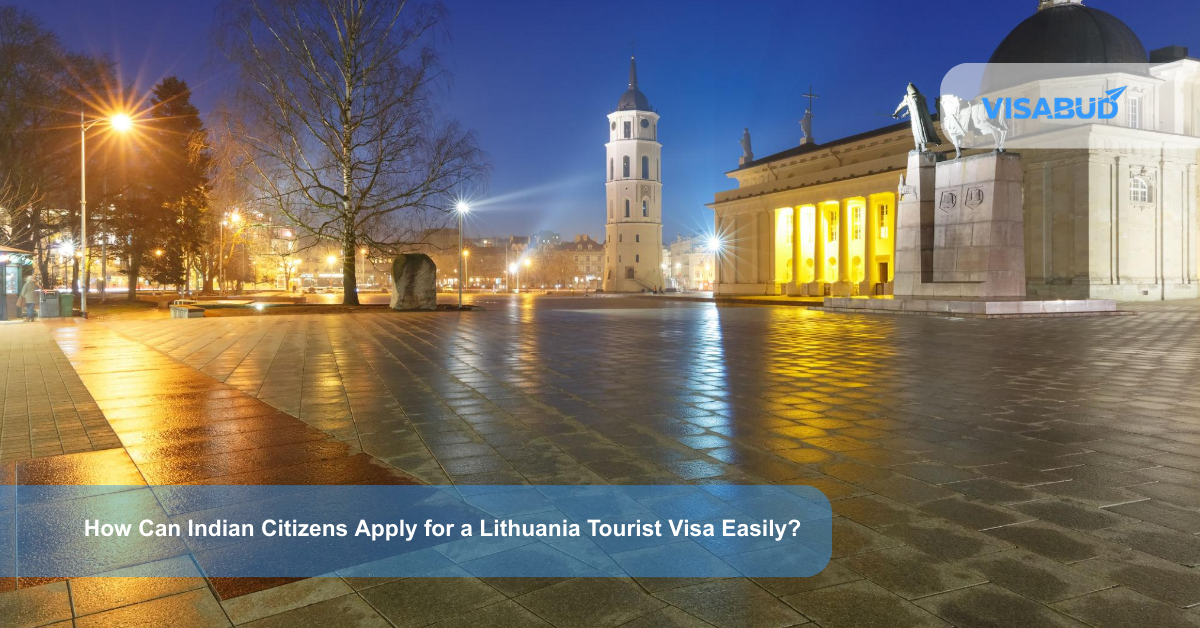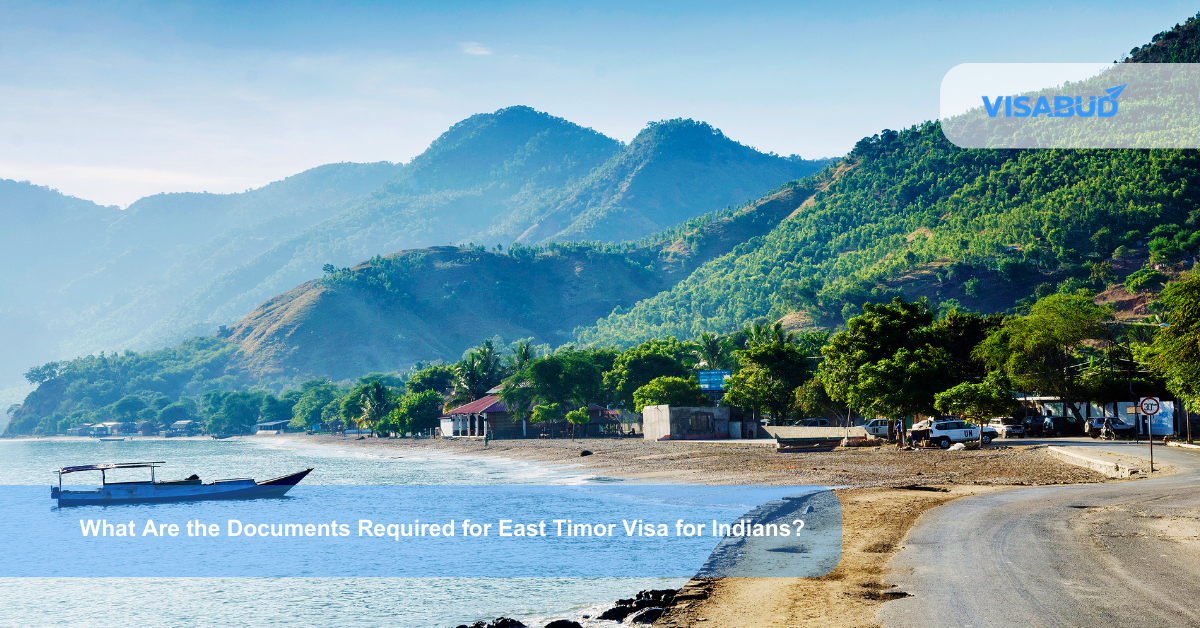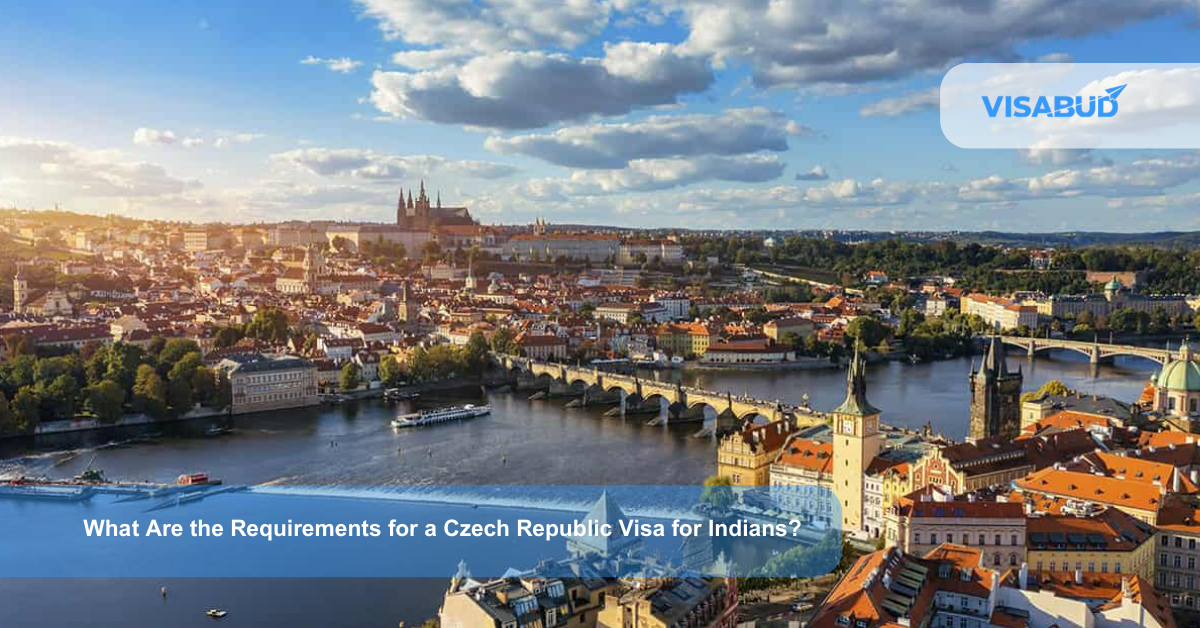Niger, officially the Republic of Niger, is a landlocked country in West Africa. Known for its vast deserts, vibrant communities, and rich cultural heritage, Niger offers a unique glimpse into a way of life that balances tradition and modernity. The country’s lifestyle and culture are shaped by geography, history, ethnic diversity, and social customs. Understanding Niger is more than just knowing about its cities or landmarks; it is about experiencing how people live, celebrate, and interact every day.
Daily Life in Niger
Life in Niger is deeply influenced by both climate and community. Most of the population lives in rural areas, with livelihoods centered around agriculture, herding, and small-scale trade. Urban centers like Niamey and Zinder offer a mix of traditional markets and modern services, reflecting the country’s gradual urbanization.
Nigerien Cuisine
Food in Niger reflects both the agricultural practices and the multicultural nature of the population. Staples include millet, sorghum, rice, and maize, often served with sauces made from vegetables, peanuts, or meat.
Clothing and Traditional Attire
Clothing in Niger varies depending on region, religion, and occasion.
Festivals and Celebrations
Niger is home to several festivals that highlight the country’s cultural richness. These events bring together communities, combining music, dance, and local cuisine.
Music and Dance
Music and dance are central to Nigerien culture, serving both entertainment and ceremonial purposes.
Religion and Spirituality
In Niger, religion plays a vital part in daily life. The majority of the population follows Islam, particularly Sunni Islam, while small communities practice Christianity or traditional animist beliefs.
Education and Work
Education in Niger is improving but still faces challenges, especially in rural areas. Literacy rates are rising, and urban centers offer better access to schools and universities.
Tourism and Cultural Sites
While not widely known as a tourist hotspot, Niger has cultural and natural attractions worth visiting.
Social Etiquette
Understanding social norms is important for interacting respectfully in Niger:
10 Frequently Asked Questions (FAQs)
Q1. What is the main religion in Niger?
A: Islam is the dominant religion, followed by small Christian and traditional animist communities.
Q2. What languages are spoken in Niger?
A: Although Hausa, Zarma, and Tuareg are widely spoken, French is the official language.
Q3. What is the typical Nigerien diet?
A: Staples include millet, rice, sorghum, vegetables, meat, and peanut-based sauces.
Q4. How do people dress in Niger?
A: Everyday wear is light cotton clothing; traditional attire is colorful with embroidery, especially during festivals.
Q5. What festivals are popular in Niger?
A: Cure Salée, Eid al-Fitr, Eid al-Adha, and local weddings are widely celebrated.
Q6. Is Niger safe for tourists?
A: While cultural sites and cities are generally safe, travelers should check local advisories due to political or regional risks.
Q7. What is the lifestyle like in rural areas?
A: Life is community-oriented, with agriculture, herding, and traditional crafts forming the backbone of daily activities.
Q8. How important is family in Nigerien culture?
A: Family plays a central role, with extended families often living together and elders respected highly.
Q9. Can tourists experience local music and dance?
A: Traditional music, storytelling, and dances are frequently featured at festivals, weddings, and other community gatherings.
Q10. What are some must-visit cultural sites?
A: Agadez, Tenere Desert, Niamey National Museum, and local markets are key attractions.
Final Thoughts
Niger is a country where lifestyle and culture are deeply intertwined. From the vast deserts to the bustling towns, from traditional music to communal festivities, Niger’s way of life reflects perseverance, friendliness, and tradition. Whether you are a traveler, researcher, or cultural enthusiast, exploring Niger offers a chance to witness a unique blend of history, religion, and daily life that is unlike anywhere else in the world. Understanding its culture is not just about sightseeing, it’s about appreciating how people live, work, and celebrate in harmony with their environment.
